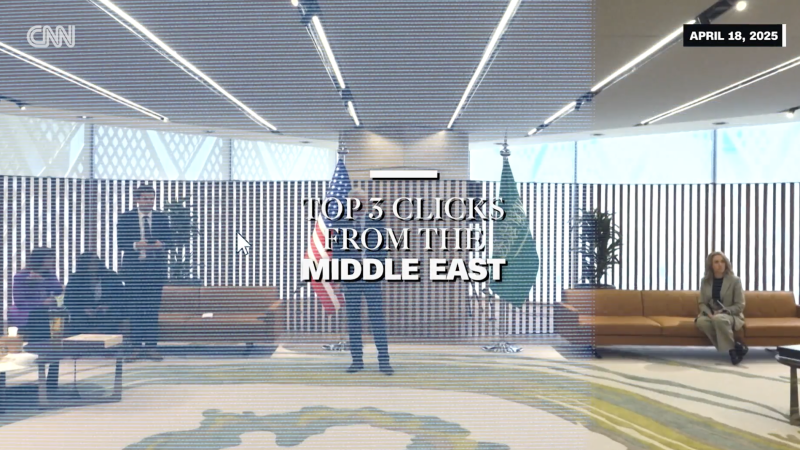The article outlines significant geopolitical shifts in the Middle East, highlighting emerging trade relationships, energy discussions involving the US, and financial support for Egypt from Gulf nations. These developments indicate a complex interplay of economic and political interests among key players in the region.
Implications of Trade Realignments
The evolving trade ties between the EU and the UAE suggest a strategic pivot towards diversification and increased interdependence. Such alliances may be seen as a response to shifting global economic dynamics, particularly in light of recent tensions and changing energy demands. The formation of these new ties could strengthen the UAE's position as a regional hub for trade and commerce, potentially inviting further investment and collaboration.
US Energy Diplomacy
The focus on energy discussions in the Gulf by the US highlights the significance of energy security in international relations. As the global energy landscape changes, US engagement in the region may indicate a desire to maintain influence and ensure stable energy supplies. This diplomatic approach could also be perceived as a counterbalance to growing competition from other powers, notably China and Russia, in the energy sector.
Egypt's Financial Backing
The prospect of substantial financial support for Egypt from Qatar and Saudi Arabia raises questions about economic stability and political allegiance in the region. This backing may indicate a strategic alliance among these nations, likely aimed at fostering a unified front against common challenges. The financial assistance could empower Egypt to stabilize its economy while also reinforcing the Gulf nations' influence over its political landscape.
Public Perception and Hidden Narratives
The article may aim to shape public perception by emphasizing positive developments in trade and diplomacy while downplaying underlying tensions and conflicts. By focusing on cooperation, it could mask potential discord among nations, leading to a skewed understanding of the region's complexities. Such reporting might aim to create a narrative of stability and progress, which can be beneficial for investors and policymakers.
Manipulative Elements and Trustworthiness
The article employs language that suggests optimism and cooperation, which might influence readers to adopt a favorable view of the developments discussed. While the factual basis appears sound, the framing may contain manipulative elements aimed at promoting a specific geopolitical narrative. The selective emphasis on positive outcomes while neglecting potential risks or dissenting viewpoints raises questions about the article's overall reliability.
Potential Economic and Political Scenarios
Increased trade and energy collaboration could enhance economic growth in the region, attracting more foreign investments. However, it might also lead to heightened geopolitical tensions as nations vie for influence and control over resources. The potential for economic interdependence to mitigate conflicts exists, but it could also entrench existing rivalries, particularly if nations perceive shifts in the balance of power.
The article resonates with audiences interested in international relations, trade, and energy markets. It seeks to address policymakers, investors, and analysts who are keen on understanding the evolving dynamics in the Middle East.
The implications of this news could extend to stock markets, particularly in sectors related to energy and international trade. Companies involved in these areas may experience fluctuations in stock prices based on the developments reported.
In terms of global power dynamics, the article reflects ongoing shifts that could influence the balance of influence in the Middle East. These developments are particularly relevant in today's context, where energy security and regional stability are critical concerns for many nations.
The language and framing of the article suggest that it could have been assisted by AI models capable of analyzing trends and generating reports. The focus on specific countries and their actions indicates a targeted approach to presenting the narrative, which could be influenced by AI-driven insights into geopolitical relations.
In conclusion, while the article presents a factual overview of recent developments in the Middle East, the framing and emphasis on positive narratives may reflect a subtle agenda aimed at influencing public perception. The trustworthiness of the article is called into question due to potential manipulative language and the omission of dissenting views, warranting a critical approach when interpreting its implications.
